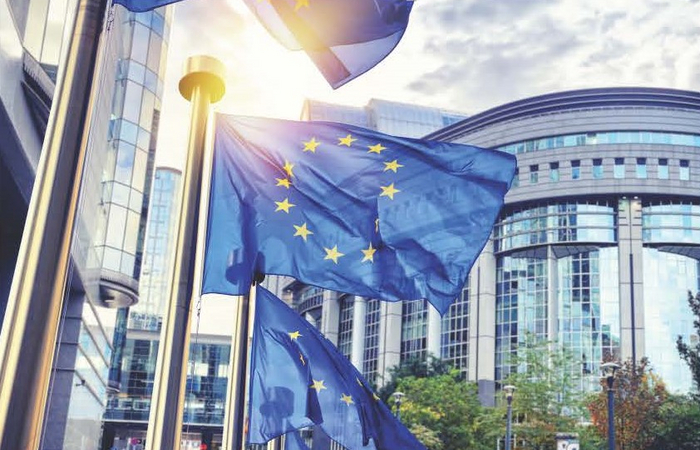The European Commission
in a nutshell...
According to fundamental idea of the institutional framework, the European Commission holds the executive power. In addition to this purely executive role, the Commission holds the general right of initiative in the legislative process. This is why it should be critically examined whether the principle of separation of powers in a democratic system is observed in the European Union of Member States.
The European Commission regards itself as a “guardian of the Treaties”, which reflects its right to bring proceedings against Member States breaching EU law. This applies to cases, for example, when directives are not transposed into national legislation or not in a timely manner.
The current 28 members of the Commission, the EU Commissioners, are nominated by the governments of the Member States, and are confirmed by the European Parliament after a hearing. Austria has appointed Johannes Hahn as EU Commissioner for European Neighbourhood Policy and Enlargement Negotiations since 2014. The individual commissioners are also supposed to be independent in their decisions, representing the common interests of the EU instead of their own home countries.
Their term of office coincides with the five-year term of the European Parliament.
The Commission is headed by a President. The President may also allocate the portfolios and dismiss individual Commissioners.
The European Commission draws most of the EU-related criticism because it is still the cornerstone of the Brussels bureaucracy with its staff of over 30,000 at present.
